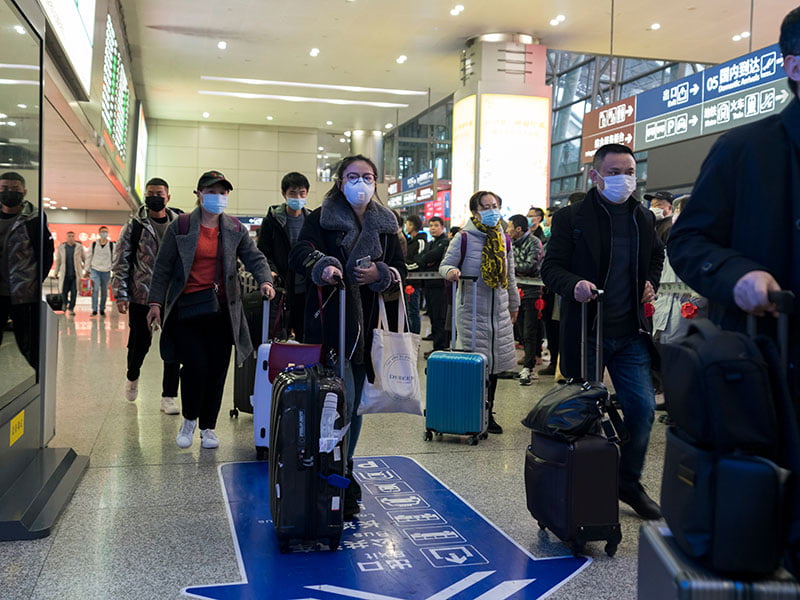The government’s permissions capability, providing digital incoming passenger declarations featuring vaccination status, is still not in use despite the international border reopening, and with the project’s funding to be kept secret.
It comes as the company that is developing the solution, Irish-domiciled Accenture, has been given a further $1 million, bringing its total haul for the work to more than $60 million.
The government announced plans earlier this year to develop a permissions capability to initially handle visa processing and to digitise incoming passenger declaration forms, but which would eventually be used across government for a range of services.

The government went to the market to purchase an off-the-shelf platform and for ongoing servicing, and announced that Irish-domiciled firm Accenture had been selected for this work.
The platform will initially serve to digitise the incoming passenger forms, including to list COVID-19 vaccination details, with Australia’s border reopening.
While Australia’s border has recently reopened, the new Digital Passenger Declaration is not yet in use, with incoming passengers having to fill out the existing Australia Travel Declaration online and a physical declaration form upon arrival.
Home Affairs launched a trial of the technology this week, a department spokesperson said, with select passengers on nominated flights to complete the new web form.
Accenture was awarded contracts worth just under $60 million in September for this work. The firm has now been awarded a further $1.2 million for “permissions capability support services”, with the contract running until 30 June next year.
Canberra consultancy Synergy Group also landed a $6 million contract over the same time period for “permissions capability program management office”.
It brings the total value of contracts relating to the permissions capability project awarded in the last three months to more than $67 million, with consultancy contracts for the program earlier this year coming in at $13 million.
In the Mid-Year Economic and Fiscal Outlook (MYEFO) update last week, the government also committed further funds for the permissions capability and digital passenger declaration form, but did not reveal the amount due to “commercial-in-confidence sensitivities”.
The funding will be split between the Department of Agriculture, Water and the Environment, the Finance department, Health department and Home Affairs.
“The government will provide additional funding for the development of a permissions capability to digitise permissions-based government services including digitising the paper-based incoming passenger card to facilitate the safe reopening of Australia’s international borders,” the MYEFO update said.
The 2020-21 budget allocated $74.9 million for the permissions capability, but much more than this has already been spent on contracts for work on the project.
Along with the deals with Accenture, a range of consultants have been paid more than $13 million for advisory work on the project.
The Coalition has attempted to digitise visa processing and incoming passenger declaration cards before, with the near-$90 million project scrapped in early 2020.
The public sector union has previously criticised the government’s decision to bring in a private provider to deliver the permissions capability rather than completing it in-house.
“This new platform is critical digital infrastructure that should be built in-house by the public service, so it is publicly owned and controlled by Parliament,” Community and Public Sector Union assistant national secretary Michael Tull said.
“Public assets like visa gateways should never be handed over to a multinational corporation, and certainly never in a circumstance where major questions about what is being built and how much it will cost are yet to be answered.
“This is a troubling move in the wrong direction – the government must invest in in-house capacity, not outsource essential public work to multinationals who wish to have a future monopoly on government services.”
Do you know more? Contact James Riley via Email.

